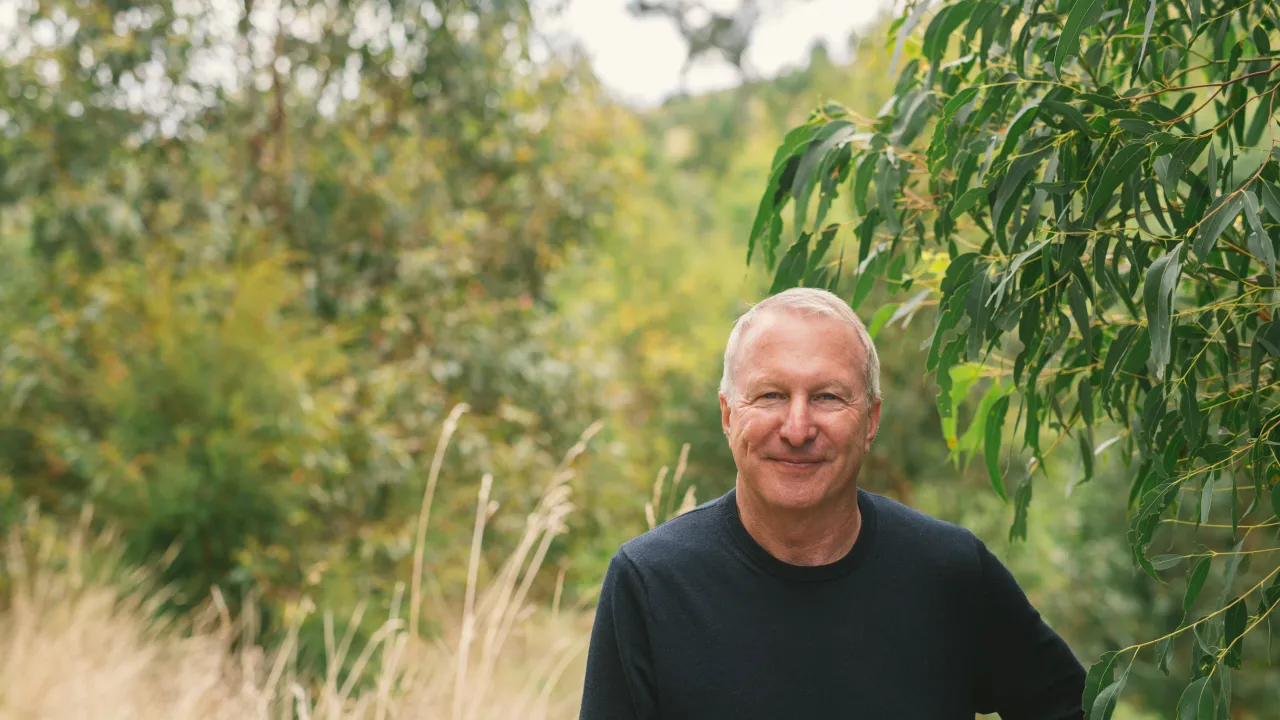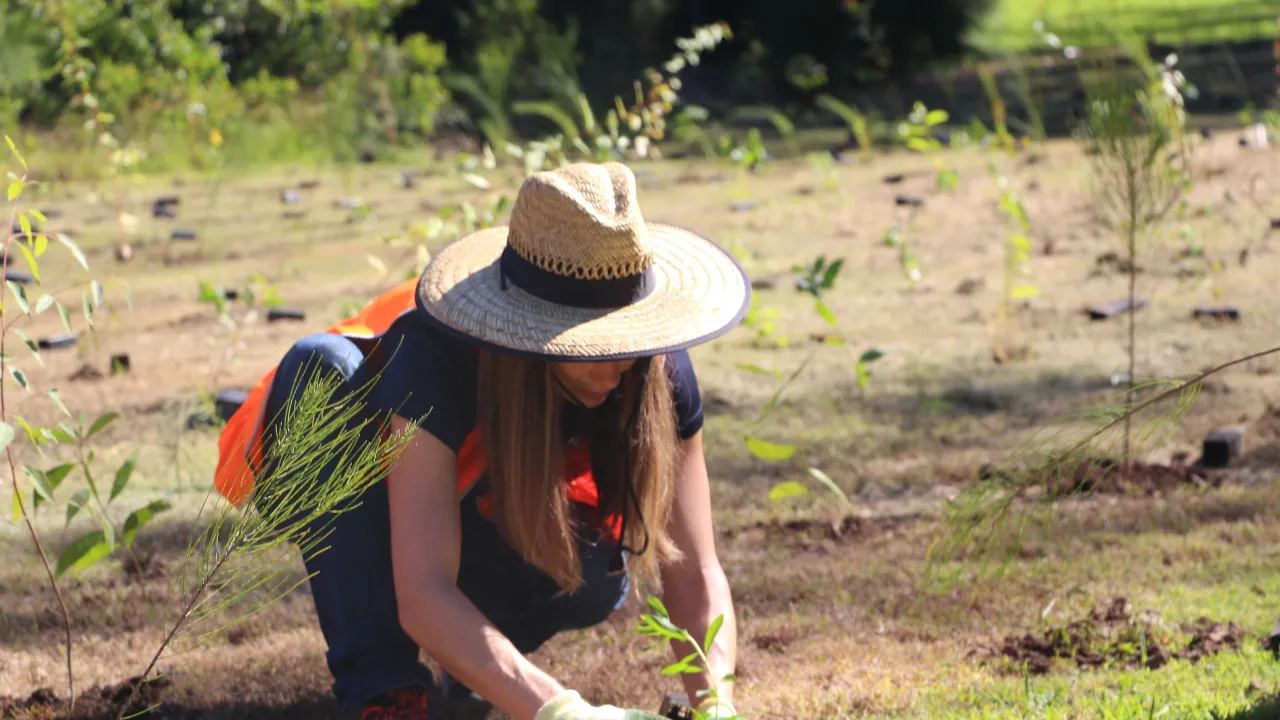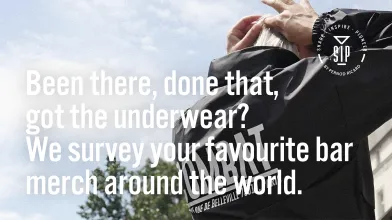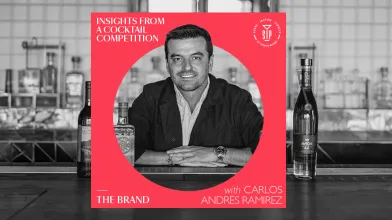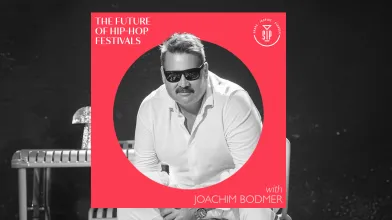Hi Wayne. You offset carbon. Why is that kind of work important for hospitality?
"Especially after Covid, people realise that they have an impact – they still want wonderful experiences but they want to minimise the impact that they have on the world. My view is that for hospitality and tourism there is quite a competitive edge. People – let’s be honest, affluent people – will go to a bar, and so the eco aspect is something they’ll consider. Is that the most important thing? No, you’ve still got to have nice drinks and be a nice venue. But it will be one of the factors. If you’re tendering for events, I would say that the environmental criteria will only get stronger."
How do I know where to start with going greener at work?
"I talk to CEOs and MDs right across the sector and always say: find the business value in your climate action. It might be with your shareholders, or your board of directors or management. It could be in attracting and retaining young staff, because a lot won’t go to places that aren’t taking climate action. Or in hospitality, the business value might be customer-facing or in the supply chain. Identify that business value early on and get a handle on it.
I know that seems a funny angle for a not-for-profit organisation to take, but if you do it just for a feelgood factor, it’s not going to last when, say, the next pandemic shuts your business down. Look at your business on all fronts, and pick the easy wins. Think of the three key areas of energy, waste and transport. You might not be able to turn your van into an electric vehicle tomorrow, but you can have a plan that when you next update it, that’s what you’ll do.
Carbon offsetting is something you can do now, to make a start – but do it as part of a plan. If people think that all you’re doing is offsetting, I think that’s a legitimate criticism – but you can’t do most of the big things today, they take a bit of a run up."
So, back to the beginning. What does Greenfleet do?
"Greenfleet is a 25-year old not-for-profit and we have a very simple business model: we have thousands of individuals and hundreds of companies that donate money to us and we plant that money into ecosystem regeneration around Australia and New Zealand. We “plant” about 300,000–350,000 tonnes of carbon a year, and we are scaling that up this decade. It's not just about planting trees, but planting trees that restore fragile or threatened ecosystems."
How do you do that?
"First, we’re focused on carbon sequestration [capture and storage]. We use all the formal carbon accounting systems and we map it carefully. Next, we are very strong on biodiversity. One of the great unfurling crises of the century is biodiversity, in terms of extinction. Have you heard that the koala has just gone on the endangered list?"
No! Not koalas?
"Yes. It’s shocking. It’s a global icon for Australian wildlife, and it’s endangered because of urban expansion and loss of habitat. We are replanting hundreds of hectares of habitat. It will take a while but that’s ecological systems – it doesn't happen overnight, you have to take the time to do it properly."
So, I give you money and you offset my CO2 emissions by planting trees…
"It’s a good old-fashioned technology that works very well, with a whole lot of other benefits – and our trees are legally protected on title, which is critical and a bit of an issue around the work with some planting groups. The trees suck up the carbon and we will calculate how much annual average carbon this equates to for an individual. In Australia, that’s between 20 to 23 tonnes, depending on what you count. We estimate for Australians it costs about AU$365 (€250) a year – and we have found that young people are very excited by the concept of paying a dollar a day."
And where individuals start, business can follow?
"This is a customer-focused industry and if the customers are moving, you’re going to have to move as well. Get out ahead of that – don’t wait to be asked what you’re doing. And carbon offsetting is part of that – it’s not the only thing, but it’s putting money and action into something now."
And the action to take if we’re heading to the bar?
"I like to drink red wine with food, especially if I have cooked it myself. Or if someone else has cooked it. Or I am cooking. Oh, and if you are buying the next round. Yes, I quite like red wine…"
Offsetting carbon at your event
07 December 2022
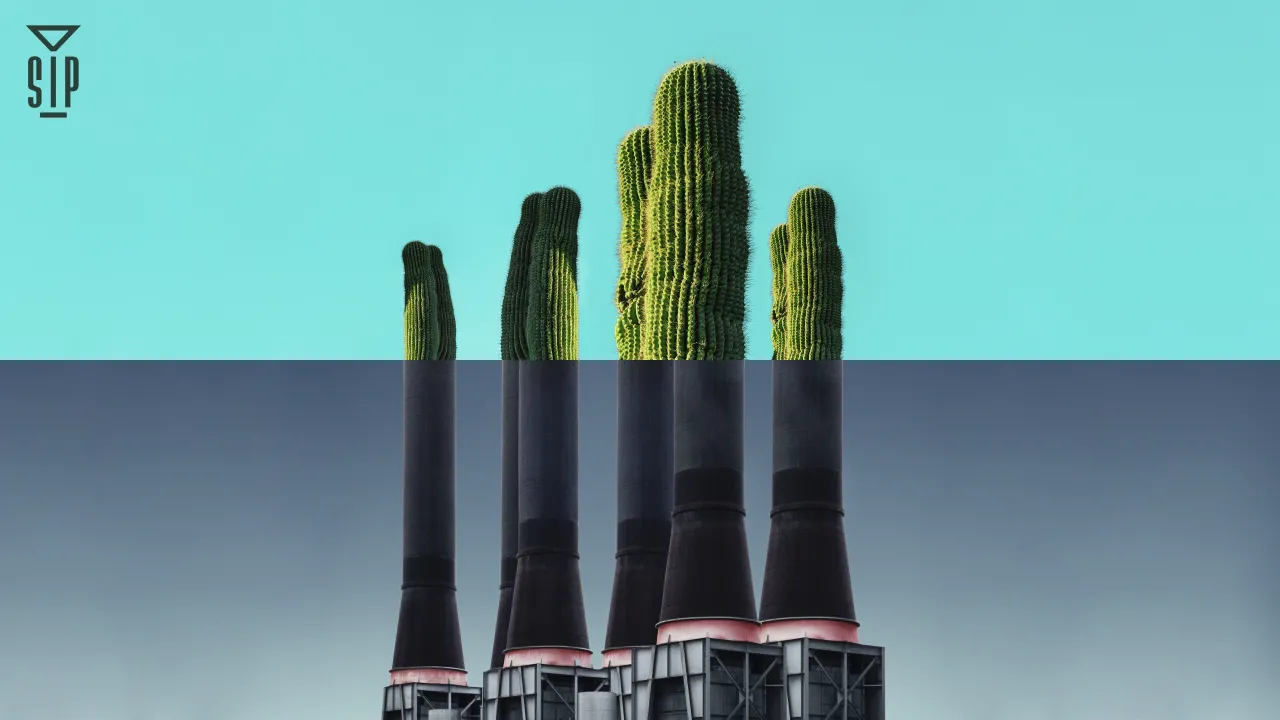
Please log in for the whole article
Environmental credentials are of increasing commercial and ethical importance to the hospitality industry. Greenfleet is a not-for-profit environmental organisation, the first in Australia to plant biodiverse forests to offset carbon emissions. Wayne Wescott tells us what carbon offsetting is, and why it can be an easy win for hospitality organisations looking to ‘green’ their business.
© World’s Best Bars 2026. All Rights Reserved.
Content to be shared with those over the legal drinking age only - Enjoy responsibly.
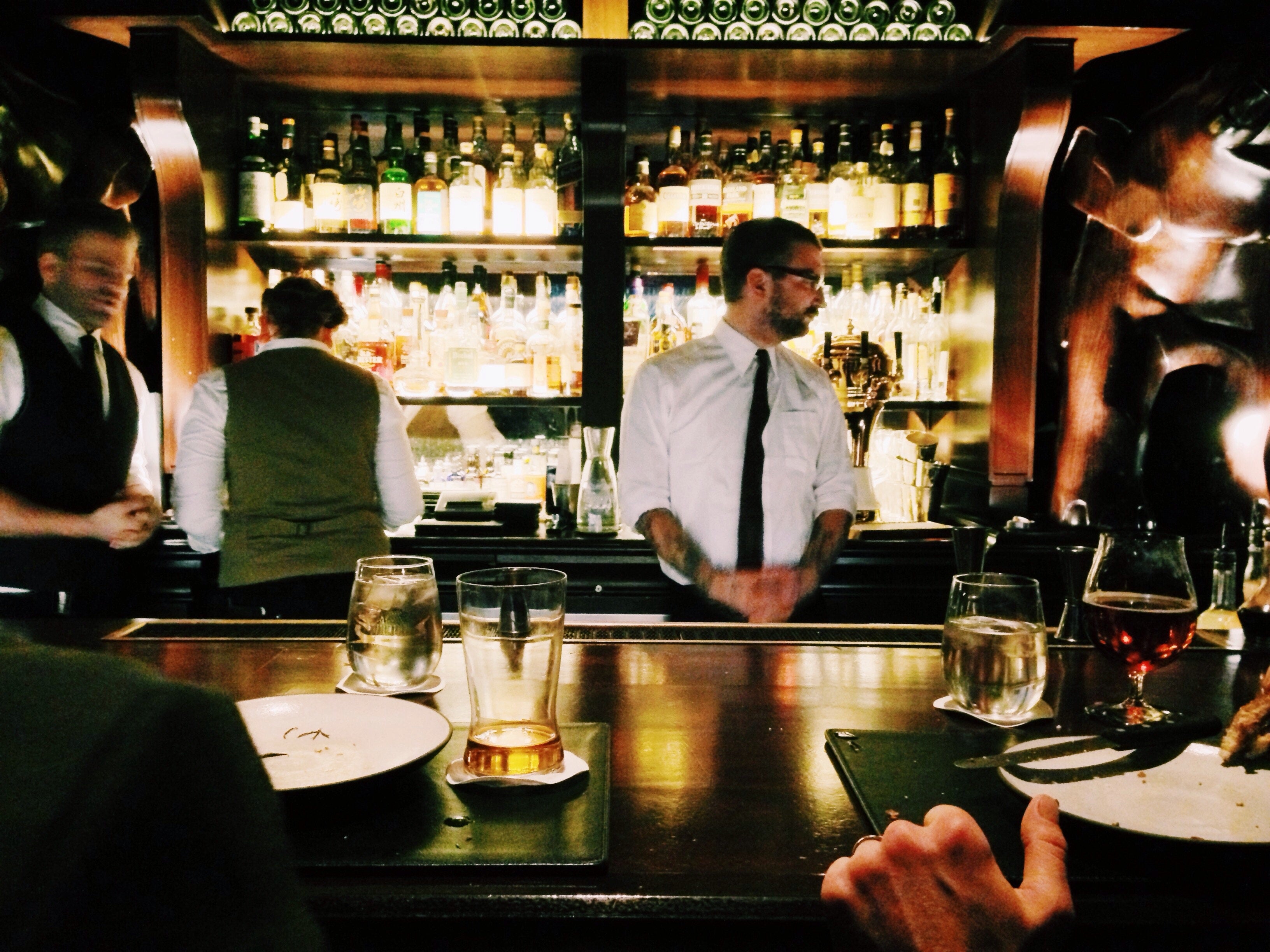
Check your email
If we recognize your account, a link to reset your password has been sent to your email address. If you haven’t received it, please check in your spam folder and add to whitelist.
Check your email
A link to activate your account has been sent to your email address. If you haven’t received it, please check your spam folder and add it to whitelist.
